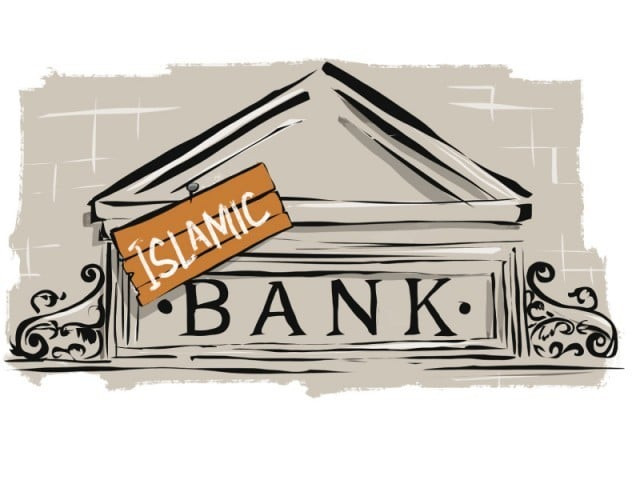Islamic banking versus conventional banking
Even as the sector gains popularity, awareness about its workings has yet to grow.

Contrary to popular belief, Islamic finance or banking is not just for Muslims. It aims to lay the foundations of an ethical and fair financial system, which consequently affects the socio-economic conditions of the market it is implemented in. Islamic financing, hence, can aptly service everyone irrespective of religious beliefs, wealth, ethnicity, caste or creed.
Yet, this stance is not as clear as it should be in our country; much less in the outside world where centuries old financing methods are firmly embedded within the economic system.
One of the reasons for this lack of awareness is that the concept of Islamic banking has been commercialised fairly recently. Banks and asset management companies in Pakistan are still struggling with how better to portray Islamic products for consumers’ understanding in minimal ad spaces. There is also a communication gap between the Shariah councils issuing the fatwas pursuant to Islamic Finance, and the managers drafting the advertisements.
A recent survey published in a popular monthly magazine stated that most respondents did not know the difference between conventional and Islamic banking; and that most thought that various advertised ‘Islamic Funds’ are only a marketing gimmick.
But a bigger issue – one which I have experienced personally – is that even financial advisors lack awareness of the concepts behind Islamic finance. I recently asked a finance expert – while deliberating the merits of funds in which I wished to make some investments – the difference between conventional funds and Islamic funds. He answered with a disappointing “nothing!”
For someone who does their homework is keen on not consuming any interest-related income enter, there is a difference. This expert will just lose such customers.
So what is the difference?
An instant answer to the question is the oft-repeated phrase – ‘Islamic products do not offer interest (Riba). The statement is without a doubt true, but this is not the sum total of Islamic finance.
Riba is indeed deemed haram in Islam, for the reason that it is ‘unfairly’ exploitive in nature. It is ‘unfair’ because Riba requires the lender to return the borrowed money, plus an extra amount. This requires the borrower to work harder to return not just the principal, but also the interest or mark-up levied on the amount.
Secondly, interest is set arbitrarily. The concept treats money as a tradable entity which fluctuates volatilely in the markets. There is no set ceiling; meaning that loaning money may become cripplingly expensive for the borrower.
Then how does Islamic finance work?
Islamic financing is asset-backed and believes that only assets with an intrinsic value may be sold for a profit, instead of exchanging money – which is considered to have no intrinsic value – for interest. Each unit of money has the same value as the other of the same denomination, which is simply why there cannot be a profit on its exchange. Hence, Islamic finance lays its foundation on real, non-liquid assets; the exchange and sales of which result in ‘fair’ profits.
The Pakistani financial industry today offers various Islamic products; in wealth management, asset management and banking; spread over short-, medium- and long-term funds. All investments in such schemes are made strictly in Shariah-compliant instruments under the supervision of a Shariah Advisory Board, which comprises of renowned Islamic scholars.
Stakeholders in the industry must now step forth and present a clear picture of Islamic finance: one which presents it as a way of rethinking economics and finance, instead of just as a cosmetic solution tailor-made for religious investors finicky about where their money is going.
THE WRITER IS AN INVESTMENTS EXPERT
Published in The Express Tribune, August 20th, 2012.



















COMMENTS
Comments are moderated and generally will be posted if they are on-topic and not abusive.
For more information, please see our Comments FAQ